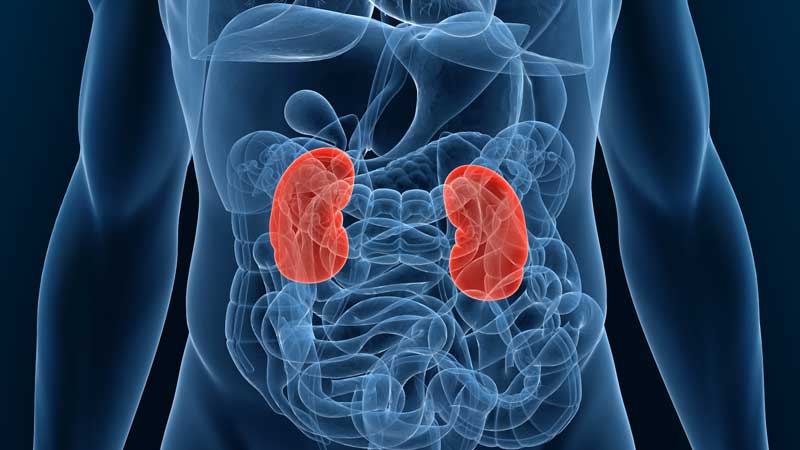
Experts like Best Nephrologist in Karachi diagnose Chronic Kidney Disease (CKD) as a condition with gradual loss of kidney function over a period of time. This umbrella term includes conditions that damage the kidneys, making them unable to detoxify the blood and impacting the whole body. Read on to know more about the causes and impact of CKD on the body:
How Does Kidney Failure Present?
Healthcare professionals term kidney failure ‘chronic’ when the kidneys don’t work well for over a period of three months. In the early stages there may not be many symptoms, but as the disease progresses, there can be decreased urine production, abdominal pain, edema and other symptoms.
The most common culprits of kidney failure include chronically high blood pressure and diabetes. Other conditions that can cause kidney damage include: autoimmune disorders, undue use of pain medication, polycystic kidney disease, long-lasting viral illness, urinary tract infection or kidney infection and inflammation in the glomeruli. Some congenital defects and drugs of abuse can also result in CKD.
CKD is diagnosed with the help of investigations like urine tests, ultrasound abdomen and kidney biopsy.
What is the Impact of Ckd On the Body?
The impact of CKD is not limited to the kidneys alone. CKD affects all other organs in the body, with potential complications including the following:
- Retention of fluid in the body as the excess salt and water is not cleared
- Decrease in the immunity making the patient vulnerable to infections
- Increased risk of heart failure through fluid overload, making the heart work harder.
- Decrease in the hemoglobin levels—anemia—through decreased production of erythropoietin. Anemia can worsen heart failure over a period of time.
- Increase in the potassium levels in the body, which also impacts the heart.
- Electrolyte changes in the body leading to muscle twitching, cramping and hiccups.
- Rising creatinine and urea levels cause severe itching
- Fluid buildup in the body, especially the lungs can result in difficulty breathing and even pulmonary hypertension

- Sleep disturbances
- Loss of appetite and subsequent weakness
- Damage to the central nervous system through the rising urea levels.
- Inflammation of the outer-most layer of the heart—pericarditis
- Weakening of the bones through increased calcium wasting and decreased production of vitamin D
- Complications in pregnancy for both the mother and the baby
- Reduced fertility, sex drive and even erectile dysfunction.
- CKD also worsens hypertension.
How to Prevent Risk of CKD?
CKD can be prevented by incorporating some healthy habits in the lifestyle and following the instructions of your healthcare provider if you are already at risk of kidney failure. These preventive strategies include:
- Maintain healthy weight: healthy weight goes a long way in protecting against kidney disease by maintaining the blood pressure. Hypertension is a risk factor for CKD, and weight loss helps control this risk factor. Strategies for weight loss can include calorie deficit, resistance training and cardio exercises.
- Quitting smoke: smoking is another risk factor for kidney disease through its impact on the blood pressure and renal vasculature. In fact, smoking also worsens existing kidney damage. Smoking cessation can therefore be helpful in preventing CKD and irreparable kidney damage.
- Managing chronic conditions: metabolic disorders like diabetes and hypercholesterolemia worsen the risk for kidney disease. If these chronic conditions are controlled, there is less risk of kidney damage.
- Following the instructions on medication: medication like NSAIDs can reduce the blood supply to the kidney, particularly if they are taken more than the recommended dose. Therefore, they should be consumed as per the directions they come with, and in case of long-term use, help from a healthcare provider like Best Nephrologist in Islamabad should be sought.



